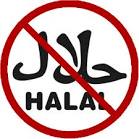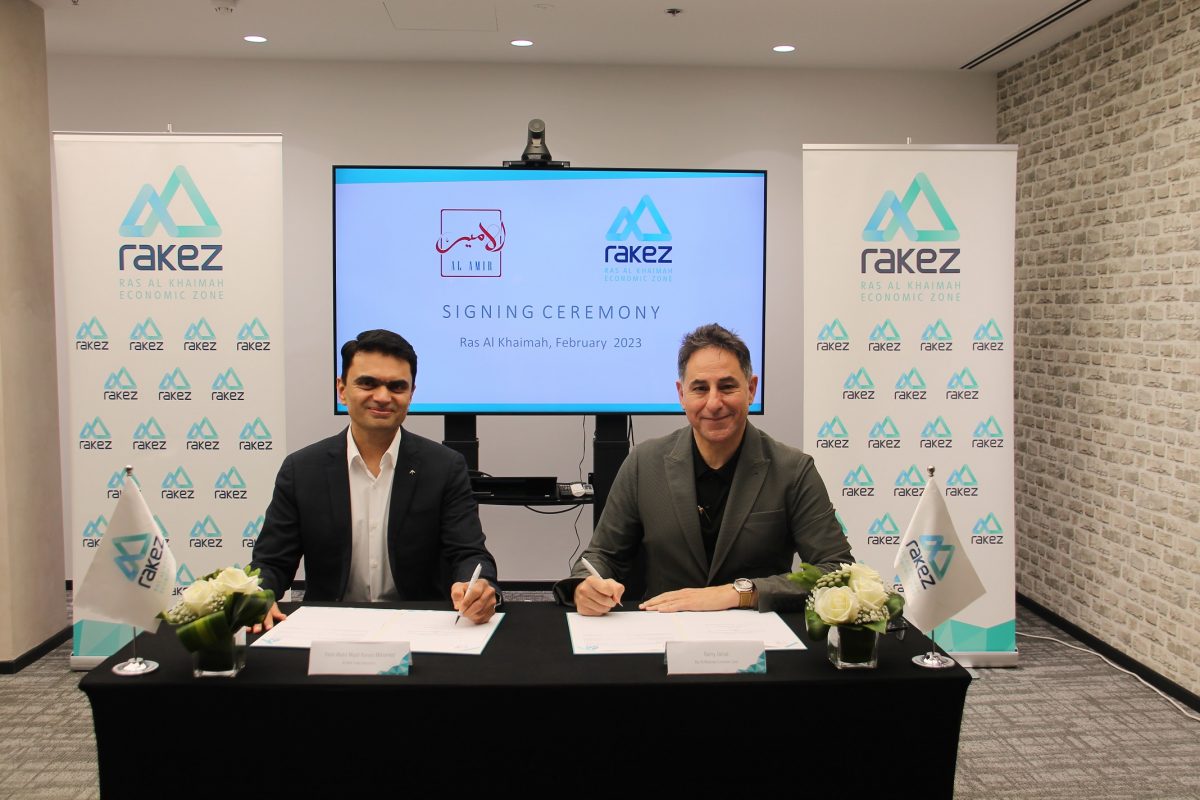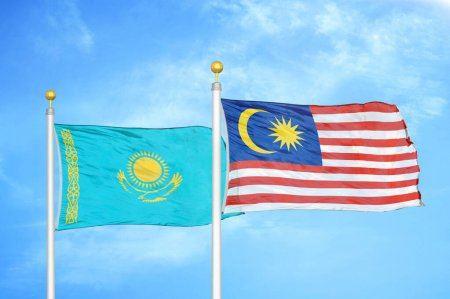DUBAI: Gulf Cooperation Council (GCC) governments are investing heavily in outside farmland acquisitions and leases, along with injecting money in domestic food production industry, to secure food supplies to the region and safeguard against market fluctuations.
Leading the way is Saudi Arabia, which is currently investing $23.1 billion in food security initiatives such as allocation of $12.3 billion to food processing sector development and provision of $6 billion in financial and oil aid to Pakistan in return for agricultural land.
UAE recently acquired or leased more than 1.4 million hectares of arable land in Pakistan, Sudan and Morocco, while investing $1.4 billion in the country’s value-added food manufacturing sector, resulting in 150 food processing plants. Figures were collated by research analysts Alpen Capital in build up to AGRA Middle East from April 2-4 at Dubai International Conference and Exhibition Centre. Region’s largest agriculture business trade event, AGRA Middle East will host over 180 international manufacturers, suppliers of agribusiness equipment and technology from 30 countries including Pakistan to showcase their products to importers, buyers and officials from across Middle East.
As part of plans to be completely self-sufficient by 2023, Qatar invested $5.1 billion in food security initiatives, including leasing 400,000 hectares of land in Kenya against $3.5 billion loan to Kenyan government, and setting up $1 billion joint venture with Vietnam to provide 90 percent funds for investment in various sectors, including agriculture. Ensuring food security remains one of most important issues for all GCC countries; according to Economist Intelligence Unit, six GCC states currently import 90 percent of all food products. High reliance on imports means the region is particularly vulnerable to price increases when supplies are interrupted. ppi



